Subscribe: Apple Podcast | Email Me New Episodes | Spotify | Stitcher
Click on the media player above to listen to the podcast episode.
This podcast episode is the first of a two part series on the psychology on how to reduce your picky eater’s anxiety.
I interviewed Dr Sarah Mundy, a Consultant Clinical Psychologist, who has worked with children and families for 20 years. She has recently written a parenting handbook and a series of interactive children’s picture books to help with those tricky times we all experience in early childhood – one of which focuses upon healthy eating. Much of her work is with children who have been adopted.
In this podcast episode she shares brilliant tips on how to reduce picky eater anxiety.
What is a picky eater?
How should you help a picky eater manage their anxiety at meals?
What are the barriers that parents face with their fussy eaters that lead to anxiety rather than food freedom?
Does a parent’s own perceptions and beliefs around food and nutrition influence their child?
Tips on how to handle picky eaters with high anxiety at the table.
Need personalised help?
Would you like to meet a children’s dietitian and nutritionist who has successfully helped families solve their nutrition problems from around the world?
Whether you are worried about picky eating, food allergy or need to help your child with suspected irritable bowel syndrome, I’ll help you manage these with confidence.
For bookings and enquiries book a free initial consultation here and I’ll help you choose which of my paid services will be best. Note that the fussy eaters program is now available. It is a combination of 1-2-1 consultations with a highly specialised paediatric dietitian and video teaching tutorials.
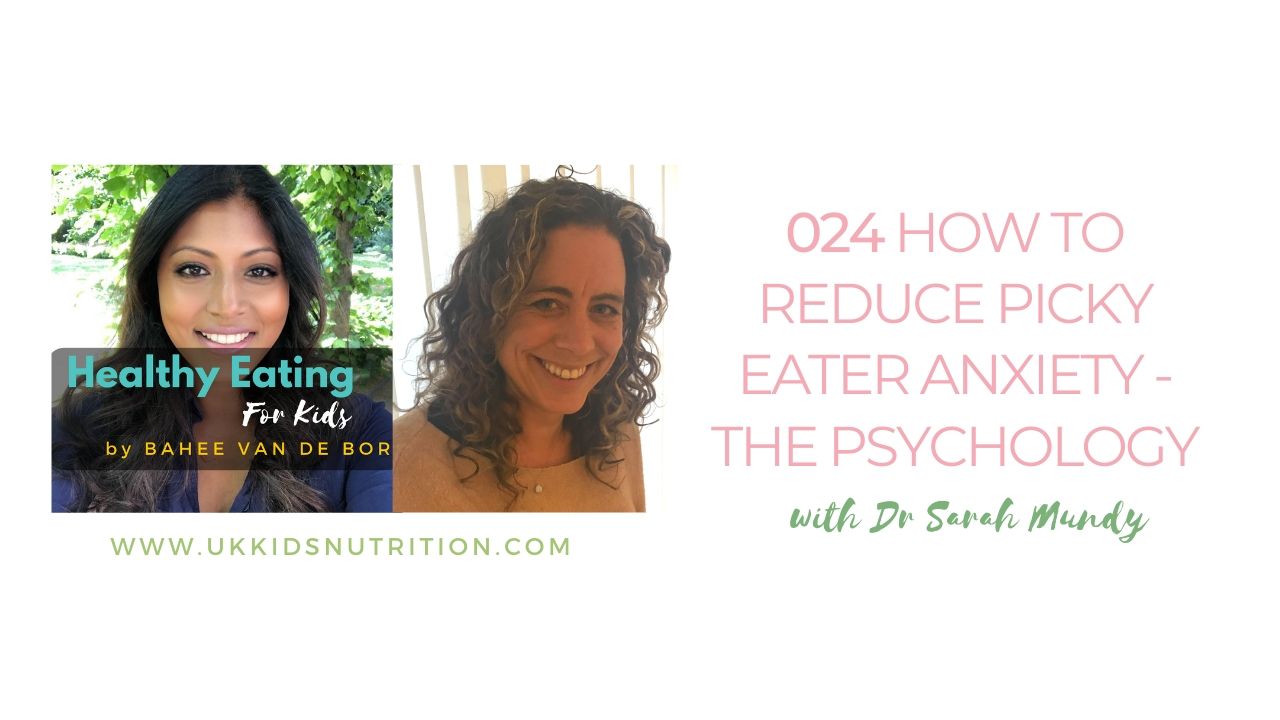

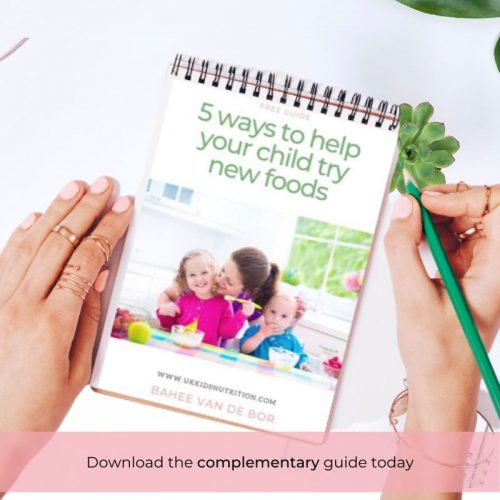
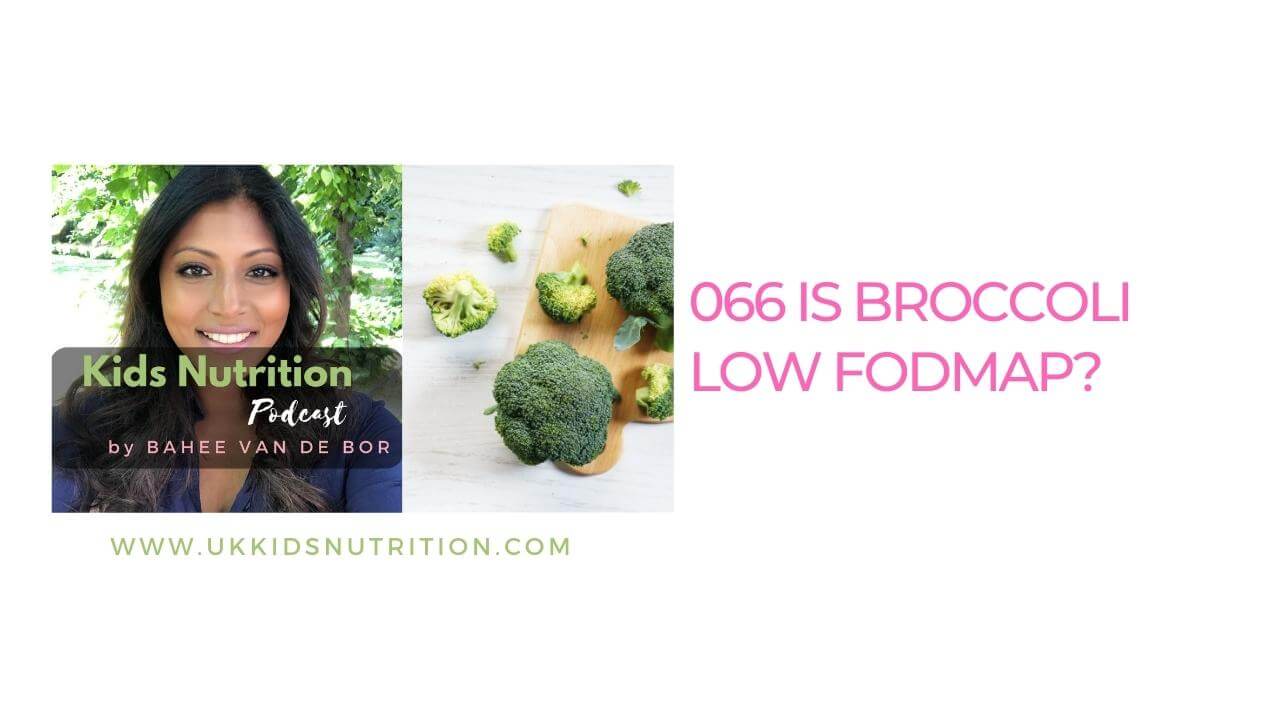
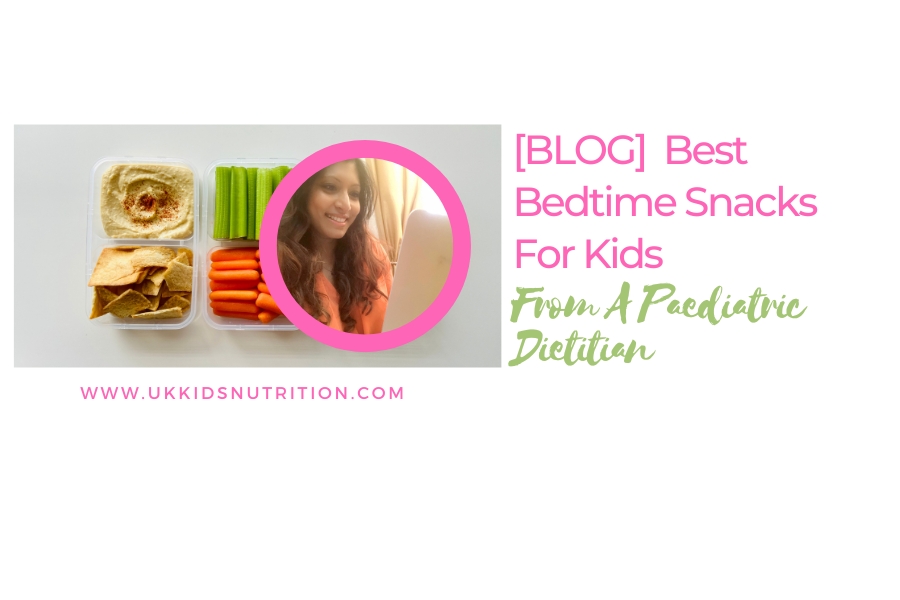
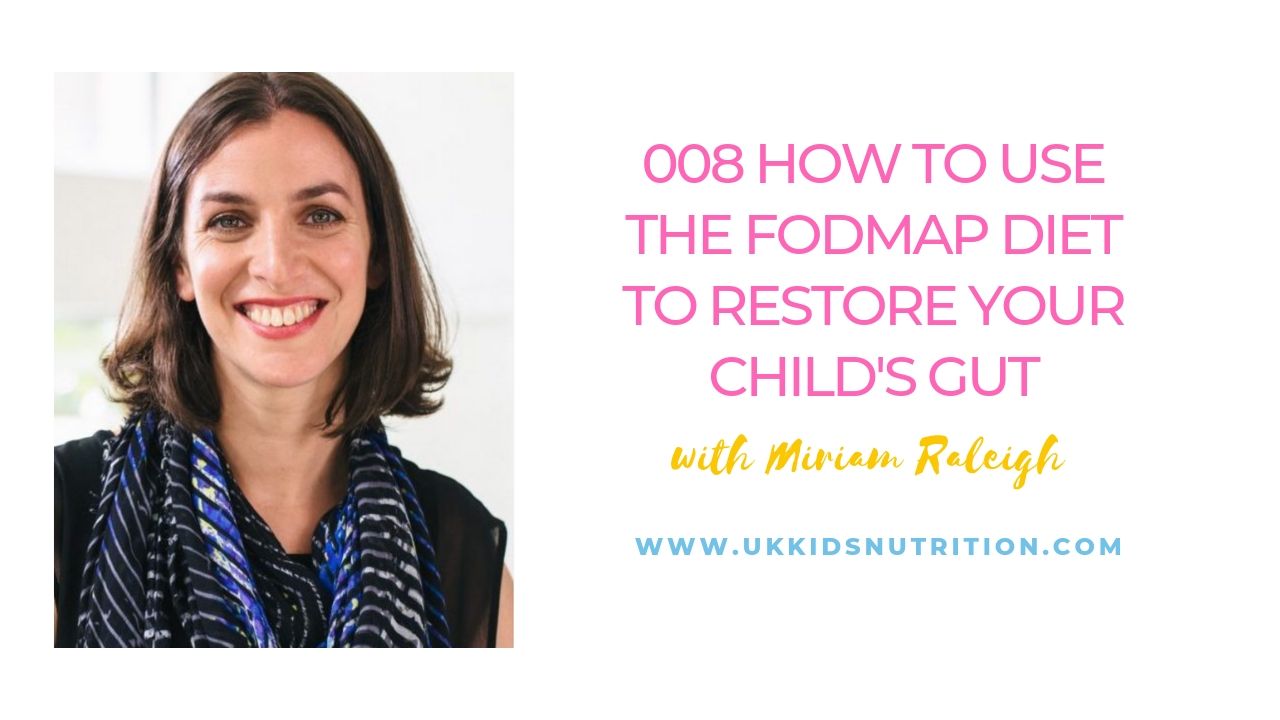
2 thoughts on “How to Reduce Picky Eater Anxiety – The Psychology”
WOW that was really brilliant and helpful, THANK YOU Dr Sarah Mundy for your brilliance and to Bahee for the interview and for sharing it. You mentioned at the end that there was part 2 to 024 How to Reduce Picky Eater Anxiety – The Psychology, Please could you share where I might find this. I am desperate to listen and learn. My little girl is virtually eating nothing.
Hi Natasha here’s the link to the second part: https://ukkidsnutrition.com/part-2-how-to-reduce-picky-eater-anxiety-with-dr-sarah-mundy/